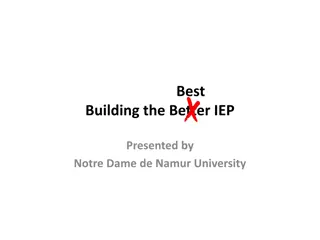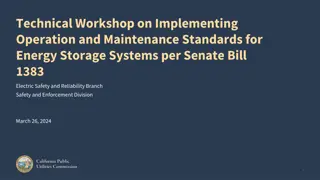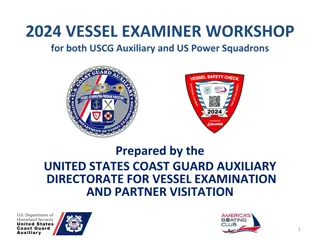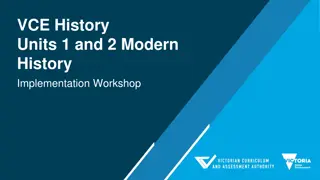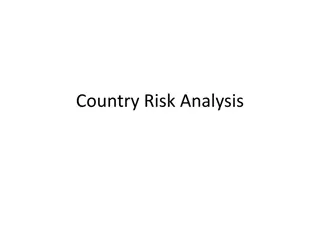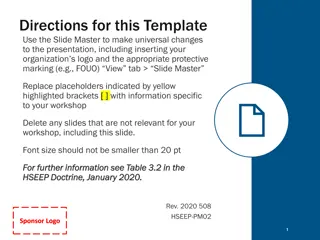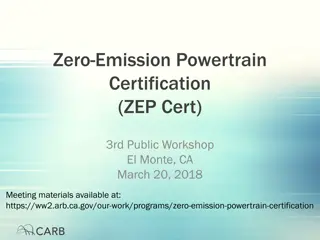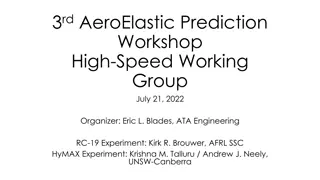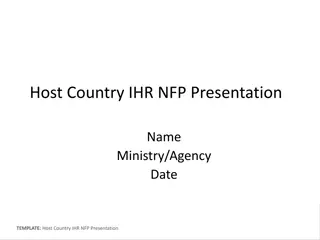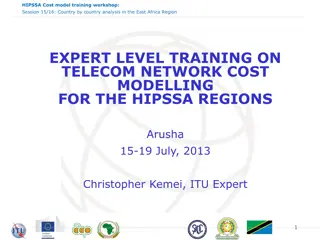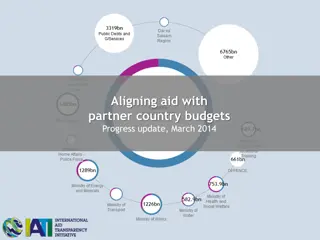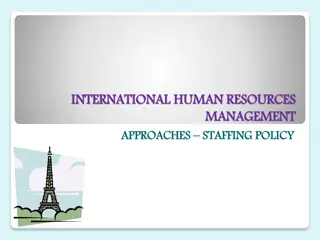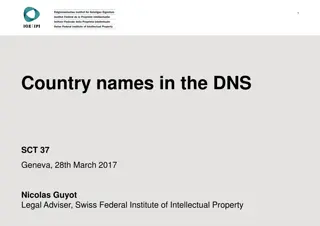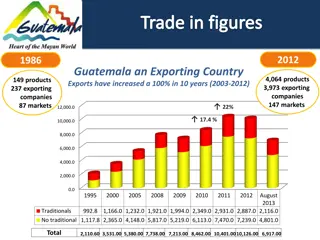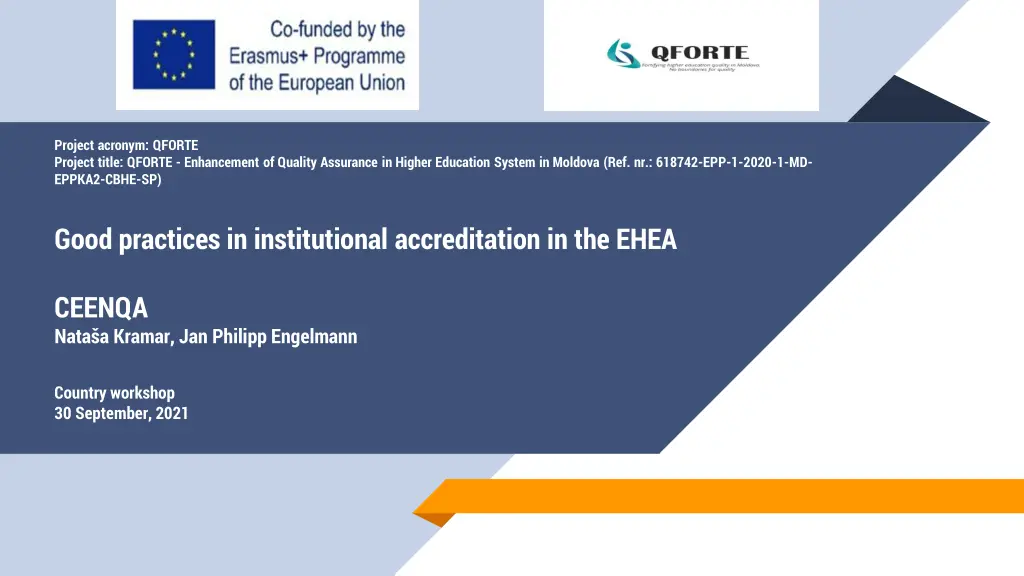
Enhancing Quality Assurance in Moldovan Higher Education System
Explore the practices in institutional accreditation and external quality assurance, focusing on the basis, scope, and examples in the context of higher education in Moldova. Key topics include institutional accreditation, external quality assurance standards, and student affairs documentation requirements.
Download Presentation

Please find below an Image/Link to download the presentation.
The content on the website is provided AS IS for your information and personal use only. It may not be sold, licensed, or shared on other websites without obtaining consent from the author. If you encounter any issues during the download, it is possible that the publisher has removed the file from their server.
You are allowed to download the files provided on this website for personal or commercial use, subject to the condition that they are used lawfully. All files are the property of their respective owners.
The content on the website is provided AS IS for your information and personal use only. It may not be sold, licensed, or shared on other websites without obtaining consent from the author.
E N D
Presentation Transcript
Project acronym: QFORTE Project title: QFORTE - Enhancement of Quality Assurance in Higher Education System in Moldova (Ref. nr.: 618742-EPP-1-2020-1-MD- EPPKA2-CBHE-SP) Good practices in institutional accreditation in the EHEA CEENQA Nata a Kramar, Jan Philipp Engelmann Country workshop 30 September, 2021
Content 1.The basis of external quality assurance 2.Scope of institutional accreditation 3.Example: students affairs 2
The basis of external QA ESG 2.1 Standard: External quality assurance should address the effectiveness of the internal quality assurance processes described in Part 1 of the ESG. Guidelines: Quality assurance in higher education is based on the institutions responsibility for the quality of their programmes and other provision; therefore it is important that external quality assurance recognises and supports institutional responsibility for quality assurance. [ ] 3
Scope of institutional accreditation Institutional accreditation is broader and more indirect than programme accreditation. Therefore, a strict focus is needed to achieve its goals. This focus should lie on the internal quality assurance system. Important dimensions: Structures Processes Culture 4
Scope of institutional accreditation All-encompassing assessment of the institution vs. focus on QA system Formalistic approach vs. importance of quality culture Concentration of competences and resources for agency, experts, and higher education institution Supervisory vs. advisory role 5
CONTENTS STUDENT AFFAIRS: Comparison the required documents Students are covered in four standards: - standard 3. Student-centred learning, teaching and assessment, - standard 4. Student admission, progression, recognition and certification, - standard 6. Learning resources and student support (6.5 Social insurance for students), - standard 7. Information management (7.1. Access to information). Totals number of required documents: - approx. 60 reference documents, - 30 separate analyses. 6
CONTENTS STUDENT AFFAIRS: Comparison NAKVIS What NAKVIS focuses on: 1. Inclusion of students in the self-evaluation process. 2. Student survey analysis. 3. Student representatives and their organisation and cooperation with HEI. 4. Report on research projects for students. 5. Explanation of transparency of information and students rights. 6. Explanation of tutorship, mentorship, and other support that is available to students. 7. Analysis of enrolment per study cycle (smaller institutions per programme). 7
THANK YOU Nata a Kramar, Jan Philipp Engelmann Country workshop 30 September, 2021

